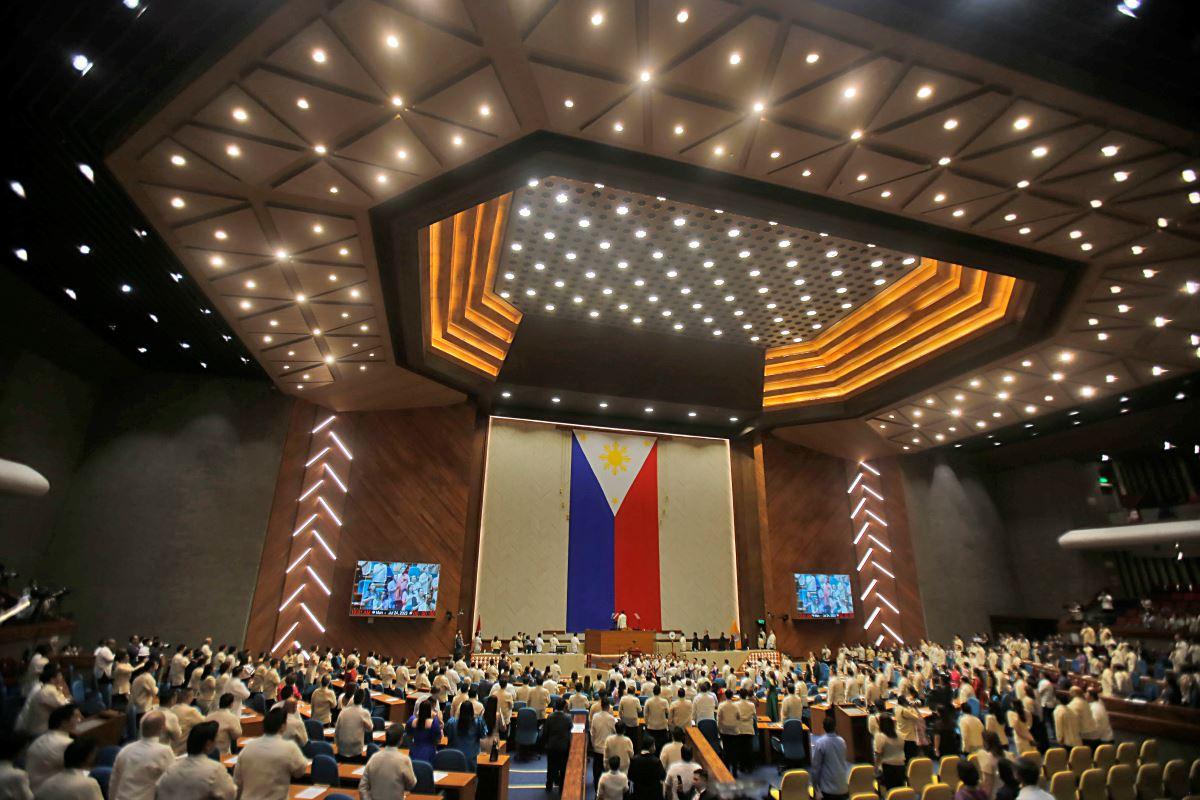Salaries of Philippine Government Officials: A Breakdown of What They Earn

Following the recent midterm elections and the proclamation of new officials, many Filipinos are curious about the salaries and benefits received by their elected leaders. From local mayors to national senators, understanding the compensation of Philippine public officials is crucial for transparency and accountability. This article provides a detailed breakdown of the salaries and allowances received by various government positions in the Philippines, shedding light on the financial aspects of public service.
Local Government Officials: Mayors, Vice Mayors, and Councilors
The salaries of local government officials vary depending on the income classification of their respective cities or municipalities. According to the Department of Budget and Management (DBM), here’s a general overview:
- Mayors: A highly urbanized city mayor earns approximately ₱185,882 monthly. For 1st class municipalities, the salary ranges from ₱83,264 to ₱107,773. Lower classifications receive progressively lower salaries.
- Vice Mayors: Similar to mayors, vice mayor salaries are tied to the income classification. A highly urbanized city vice mayor earns around ₱150,287 monthly.
- Councilors: Councilor salaries also vary. In highly urbanized cities, they receive around ₱133,737 monthly.
Provincial Officials: Governors and Vice Governors
Provincial governors and vice governors also have varying salaries based on the province's income classification. A governor of a 1st class province can earn around ₱191,038 monthly, while vice governors receive a slightly lower amount. Allowances and bonuses can significantly increase their overall compensation.
National Government Officials: Senators and Representatives
National-level officials generally receive higher salaries. Here's a look:
- Senators: As of 2023, Philippine Senators receive a monthly basic salary of ₱96,737 and a representation allowance of ₱122,669. This totals approximately ₱219,406 per month.
- House Representatives: Members of the House of Representatives also receive a monthly basic salary of ₱96,737 and a representation allowance of ₱122,669, totaling around ₱219,406 per month.
Other Allowances and Benefits
Beyond the basic salaries, Philippine government officials are entitled to various allowances and benefits, including:
- Cost of Living Allowance (COLA): Provided to officials in areas with high cost of living.
- Habitation Allowance: For officials required to live in a designated area.
- Personal Services Allowance: A lump sum for personal expenses.
- Bonuses and Incentives: Performance-based bonuses and other incentives.
- Retirement Benefits: Generous retirement packages and pensions.
Transparency and Accountability
The salaries and allowances of government officials are public information and should be readily accessible to citizens. Increased transparency and accountability in this area are crucial for fostering trust in government and ensuring that public funds are used responsibly. Several initiatives, including the SALN (Statement of Assets, Liabilities, and Net Worth) system, aim to promote transparency and detect potential conflicts of interest.
Conclusion
Understanding the compensation packages of Philippine government officials is essential for informed citizenship. While salaries reflect the responsibilities and demands of public service, ongoing efforts to promote transparency and accountability are vital for ensuring that public resources are managed effectively and ethically. The recent elections have brought new faces into government, and with them, a renewed opportunity to scrutinize and improve the financial governance of our nation.






